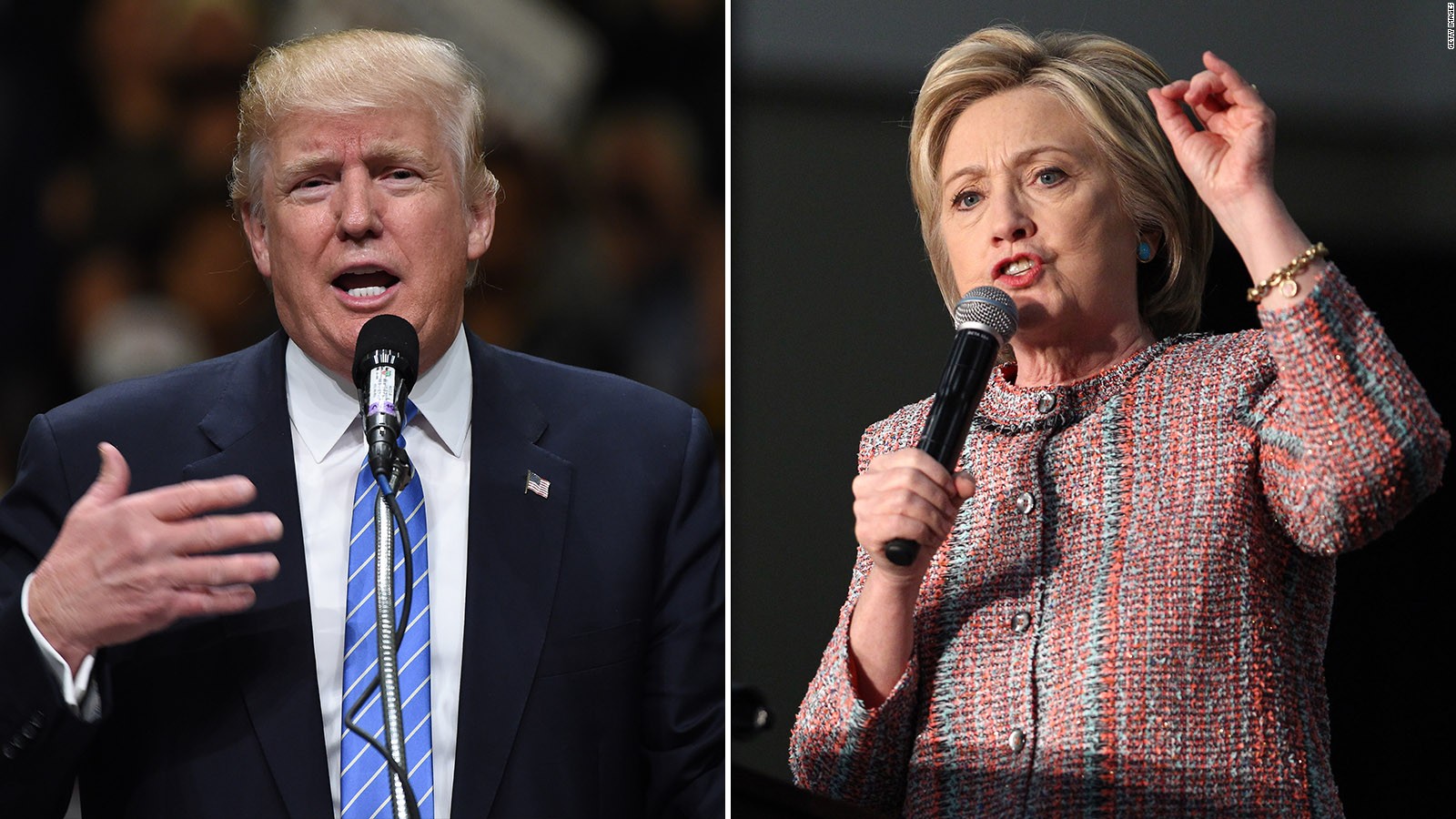
The 2016 Election and Why You’ll Vote
Political-Opinion October 17, 2016By Tanner Nau
Edited by Linda Ruble
“This is ridiculous; this is a joke,” an everyday Joe said at a local 7 Eleven in Palm Harbor while mocking the Trump and Hillary playing cards. “F*ck ‘em all,” he said. “Here’s what we’re gonna do; we’re gonna get ‘em all out and get new people.” The frustration can be heard all over. The problem is, it isn’t just this black and white, and with strong opinions on both sides on whether your vote truly matters, it still leaves many confused. With election day of the 2016 presidential election fast approaching, and with an undoubtedly offbeat tone, many will say it’s hard to find the confidence to vote.
The U.S. presidential election is arguably the most known election in the world. It occurs every 4 years, has a long primary election process with huge party conventions, and usually divides into a choice between two parties and two candidates. Despite its notoriety in the American public, only 57.5% of eligible voting citizens participated in the 2012 election. The turnout was even worse in the midterm elections, when the other powers of government, the senators, representatives and governors were elected. Midterm elections are just as important as the presidential election, like picking two parts of the same team; it’s imperative that the two parts will work together. But in this election, where the two largest branches of our government are elected, the 2014 election saw only a 36.3% turnout of eligible voters. Nearly two-thirds of the country did not vote. Even worse, it led to the political gridlock between the Executive branch and Legislative branch we still see today.
It’s heard in every election, perhaps by everyday citizens at the supermarket, mall or at work. It’s said that a vote doesn’t matter, that a voice isn’t being heard even when voting. It’s hard to not believe it. In an election where a vote is only one in 218 million, how can that one vote really matter? In the 2000 election between Al Gore and George W. Bush, that idea had came into play. It all came down to one state’s final decision – Florida. With the 25 electoral votes that Florida had to offer, Gore standing at 241 and Bush at 246, the winner of Florida would become the next president. But the Florida election was so close, nearly 500 popular votes determined the difference. Out of the 105 million that had participated, the final decision was determined by such a small amount of voters. Those votes mattered. More importantly, consequences of those votes affected every single person’s life during the Bush presidency.
Voting is a special hallmark in our democracy. It finds its roots at the Second Continental Congress and its vote to declare independence from England and form a people that can have an active participation in their government. Its importance still rings in the words of Lawrence O’Brian, a veteran from Operation Iraqi Freedom, as he eloquently defines our liberty of voting. “We’re all in this together, we’re all one country, we must vote as one and participate.” O’Brian has voted in every election but one since he became eligible to vote. During the 2012 election when O’Brian was on assignment in Iraq, the plane carrying the absentee ballots was shot down. “When you’re in the warzone, you’re not thinking about the civil liberties you’re protecting,” O’Brian explained during our talk. Furthermore, former Congressman Michael Bilirakis of Florida could only agree. When I asked his opinion, Bilirakis said, “When you live in a country with all of these freedoms to participate in your government, why not do it? You have the power.”
Voting is just an action among the endless ways of being politically active. It’s a definitive stand of declaring an understanding of the opportunity to continue the tradition that formed our first United States. “If you don’t vote, you can’t complain.” It’s not as simple as that. Voting is complaining and complaining is just a reason to vote.
Header image from CNN.com





